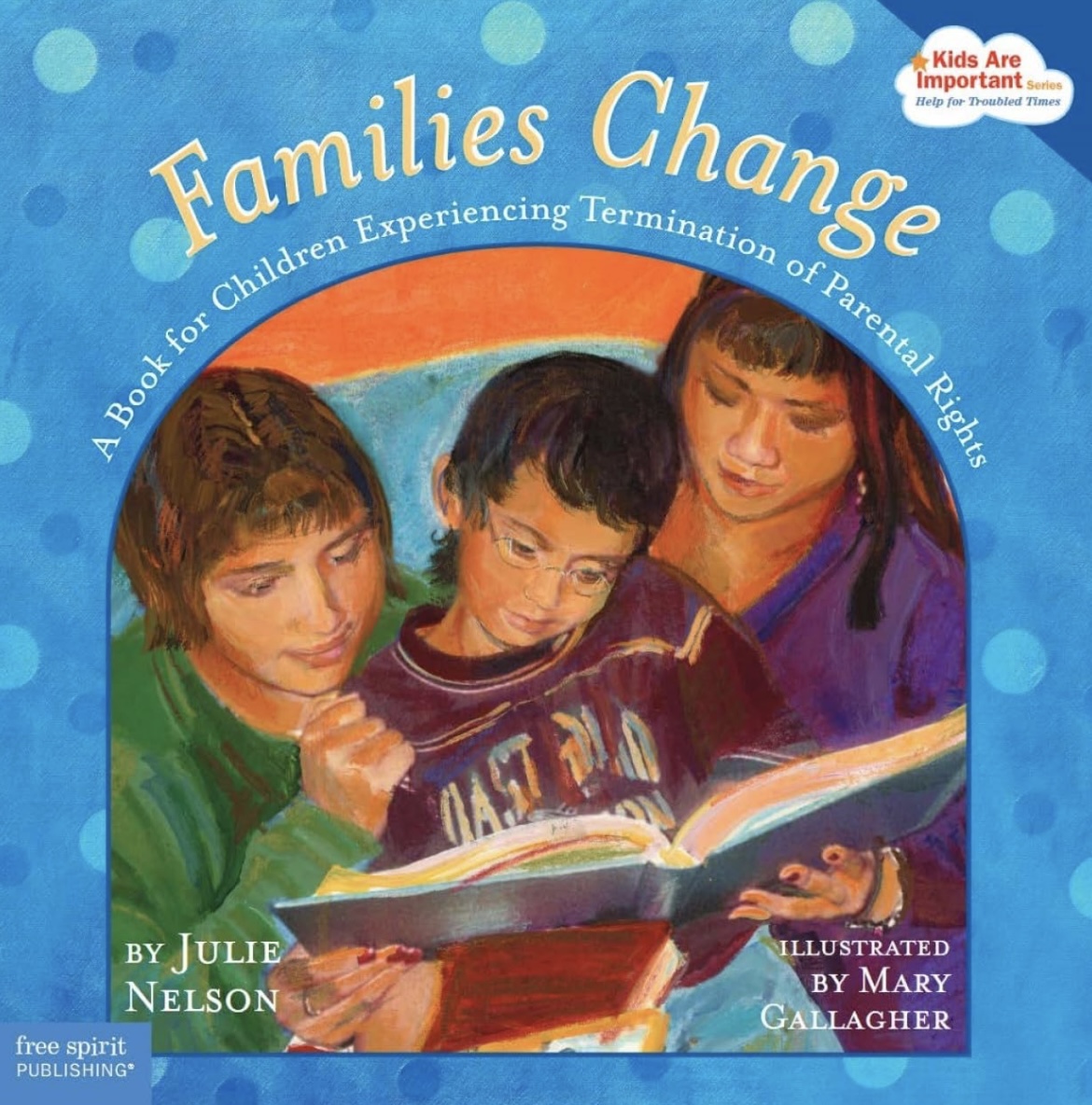Books can play a vital role in helping children in foster care process their experiences and find comfort during uncertain times. Through relatable stories and age-appropriate insights, these books offer understanding, resilience, and hope. Below is a curated list of recommended books that can help children navigate the foster care system with confidence and self-assurance, reminding them they are never alone on their journey.
1. Three Little Words: A Memoir by Ashley Rhodes-Courter
In this powerful memoir, Ashley Rhodes-Courter recounts her experiences growing up in the foster care system, where she faced numerous challenges and obstacles. Despite the hardship, her story is one of resilience and courage, showing young readers that they too can overcome adversity. This book can provide a sense of solidarity for children in foster care, helping them see that their struggles can lead to growth and strength.
2. Maybe Days: A Book for Children in Foster Care by Jennifer Wilgocki and Marcia Kahn Wright
This book is designed for younger children who may be confused about their new circumstances in foster care. Using clear, simple language and comforting illustrations, Maybe Days explains what foster care is and why some children are placed in it. The book also acknowledges the uncertainty children may feel about their future, providing honest yet gentle answers to common questions and helping children feel more secure.
3. A Terrible Thing Happened by Margaret M. Holmes
Targeted at children who have experienced trauma, this story follows Sherman, a young raccoon, who struggles with his emotions after witnessing something frightening. Through his journey, children learn that their feelings are valid and that it’s okay to seek support. The book gently guides children toward healthy ways of coping and communicating with trusted adults about difficult experiences, making it a valuable resource for children dealing with trauma.
4. Families Change: A Book for Children Experiencing Termination of Parental Rights by Julie Nelson
This compassionate book addresses the difficult experience of family separation and the termination of parental rights. It explains, in a sensitive and age-appropriate way, why some children need to find new homes and how adoption or foster care can be part of building a family. With comforting language and supportive messages, this book helps children understand that, while family structures may change, they will continue to be cared for.
5. The Invisible String by Patrice Karst
Although not specific to foster care, The Invisible String offers an essential message of comfort for children experiencing separation from loved ones. Through the concept of an invisible string that connects us to those we love, even across great distances, this book reassures children that they are never truly alone. It’s especially helpful for children who feel the pain of separation, whether from biological family members or previous caregivers.
6. Kids Need to Be Safe: A Book for Children in Foster Care by Julie Nelson
This book speaks directly to children in foster care, emphasizing the importance of safety and security in their lives. With clear explanations, it reassures children that they are in foster care to ensure their safety and well-being. It also helps children understand why their environment may be changing and why being in a safe place is essential, giving them a sense of stability during a time of transition.
7. I Don’t Have Your Eyes by Carrie A. Kitze
This beautiful book explores the diversity within families, celebrating how love and connection are what truly make a family, regardless of physical differences. For children in foster care or adoptive situations, I Don’t Have Your Eyes reinforces that family isn’t about looking alike, but about being there for one another. The book provides an inclusive message that validates children’s unique family structures and supports a sense of belonging.
8. EMDR and the Art of Psychotherapy with Children: Treatment Manual by Robbie Adler-Tapia
This practical manual introduces Eye Movement Desensitization and Reprocessing (EMDR) therapy techniques for working with children who have experienced trauma. Though intended for therapists and caregivers, the techniques in this book are invaluable for foster care professionals supporting children in their recovery. The manual offers a structured approach to help children process traumatic memories and build resilience, supporting long-term healing.
These books provide invaluable support for children in foster care, helping them process their experiences and build resilience. With relatable stories and encouraging messages, each of these books reinforces the idea that challenges can be overcome and that hope and healing are always possible.


Leave a Reply